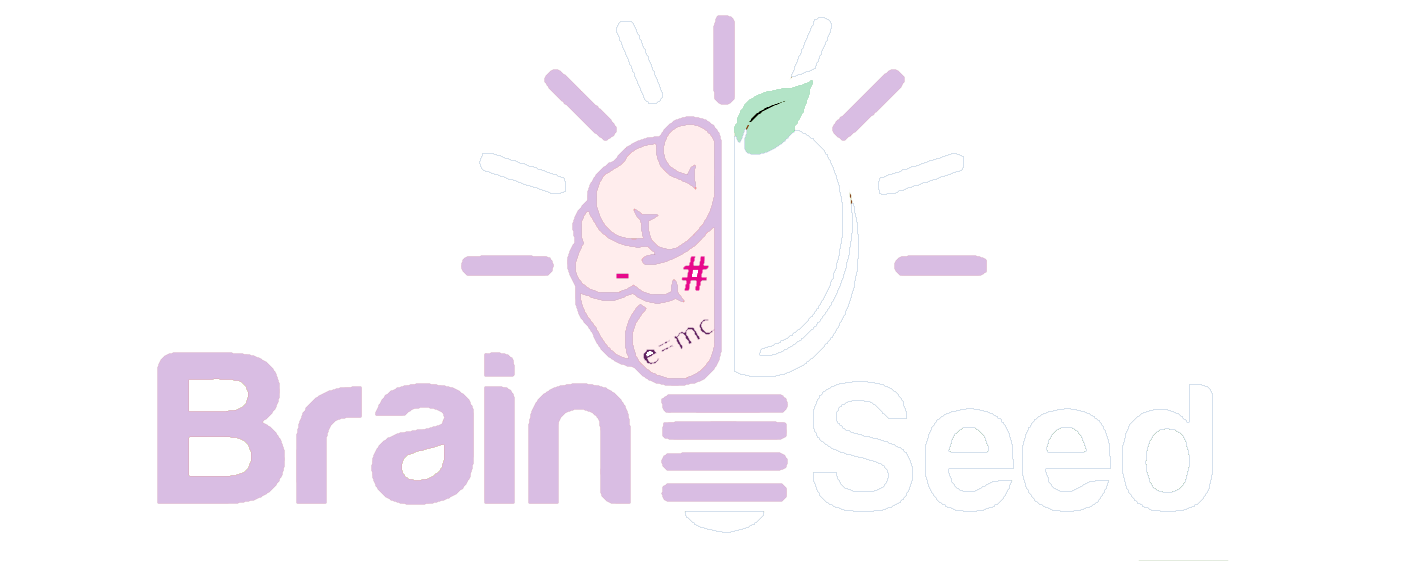What are the best strategies for assessing students’ learning in drama?
Drama is a creative subject that helps students develop essential skills such as communication, collaboration, and critical thinking. To ensure that students are learning and improving in drama, it’s important to assess their progress. However, assessing student learning in drama can be challenging as it is a highly subjective subject. In this article, we will discuss the best strategies for assessing students’ learning in drama.
Using Rubrics
Rubrics are an excellent tool for evaluating students’ learning in drama. A rubric is a scoring tool that lists the criteria for a specific task or project and the levels of achievement for each criterion. Rubrics provide students with clear expectations for their work, and they enable teachers to evaluate and grade student work objectively. Rubrics can be used for a variety of drama tasks, such as performances, scriptwriting, and character analysis.
Peer Assessments
Peer assessments are a great way to assess students’ learning in drama, as they allow students to receive feedback from their peers. This can be done as written assessments or oral evaluations. Peer assessments encourage students to take ownership of their learning and provide them with valuable feedback that they can use to improve their work.
Self-Assessments
Self-assessments are another effective strategy for assessing students’ learning in drama. Self-assessments allow students to reflect on their own learning and evaluate their own progress. This helps students identify their strengths and weaknesses and set goals for themselves. Self-assessments can be done as written reflections or oral presentations.
Observations
Observations are a powerful tool for assessing students’ learning in drama. Observations allow teachers to see firsthand how students are applying their skills and knowledge in the classroom. Teachers can observe students’ performances, behaviors, and class participation to evaluate their progress. Observations provide teachers with valuable information that they can use to inform their assessments and provide targeted feedback to students.
Performance-Based Evaluations
Performance-based evaluations are assessments that require students to demonstrate their skills and knowledge through a performance or presentation. These assessments can be used to evaluate students’ understanding of key concepts, their ability to apply their skills in real-life situations, and their creativity. Performance-based assessments can take many forms, such as speeches, scenes, and improvisations.
In conclusion, assessing students’ learning in drama requires a variety of strategies. Rubrics, peer assessments, self-assessments, observations, and performance-based evaluations are effective tools that teachers can use to evaluate students’ progress. These strategies help students develop their skills and knowledge in drama, and they provide teachers with valuable information that they can use to inform their instruction and provide targeted feedback to students.
Are you looking for a fresh and exciting way to engage your school’s drama program or your child’s creativity? Try YouTube drama! It’s a fun and modern way for students to create and perform in their own videos. YouTube drama is flexible, convenient, and can even reach a wider audience. Plus, it teaches valuable skills like video production, editing, and storytelling. Click here to learn more about how YouTube drama can benefit your school’s drama program.







